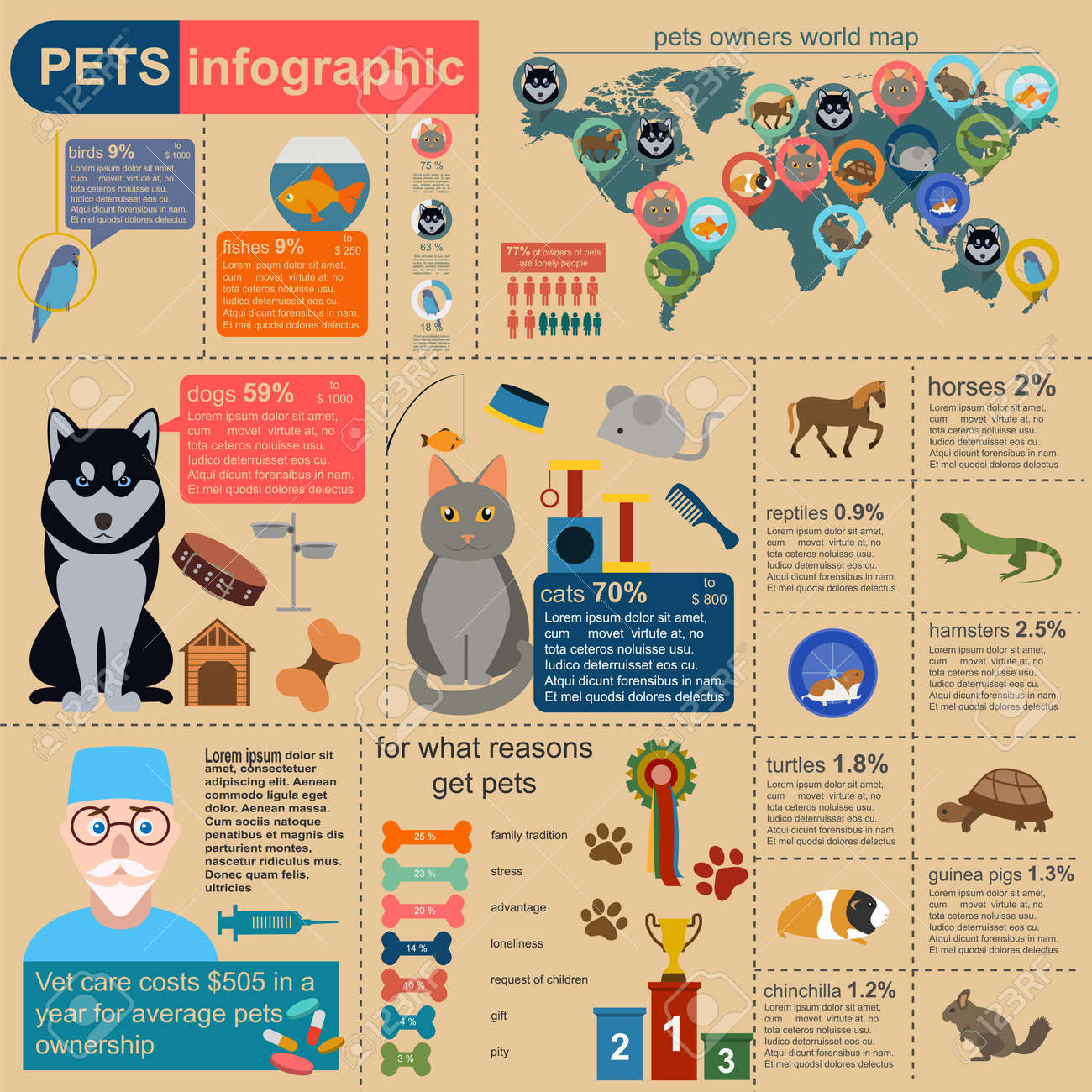What Happens If Dog Fights At Daycare
What Happens If Dog Fights At Daycare
Blog Article
Can Canine Childcare Cause Illness?
Chances are that if your pet is on a regular basis subjected to other pets, even if they're correctly immunized, they may come home with some type of illness. Inoculations, regular vet examinations, and excellent hygiene techniques can lessen risk aspects for infection and illness.
Worried or distressed pet dogs can create stomach troubles and various other wellness concerns that are conveniently spread out in between pets. Developing age constraints and behavior regulations can aid make certain that just healthy and balanced pet dogs enter your center.
Distemper
Canine distemper is a severe and usually deadly infection that strikes a pet dog's respiratory, digestive, skin and immune systems. Puppies are specifically at risk and can get the condition via straight contact with a contaminated pet or with the airborne transmission of virus particles released during coughing, sneezing or breathing.
The incubation period for canine distemper is between 3 and 7 days. While puppies at daycare might appear to catch parvo from another infected pet, it's not likely considering that the incubation period is so short.
While there is no cure for canine distemper, encouraging treatment can assist canines recover. This includes liquids, anti-biotics and drugs to manage seizures. The Drake Center for Veterinary Treatment notes that signs and symptoms consist of drippy eyes and nose, diarrhea, vomiting, anorexia nervosa and neurological troubles such as twitching and tremblings. Puppies need a complete inoculation series and yearly boosters to protect them versus this illness, which is why respectable doggy daycare facilities call for updated vaccinations.
Kennel Coughing
Kennel Coughing (Dog Infectious Tracheobronchitis) is a very infectious upper respiratory problem triggered by germs and viruses. It spreads out with airborne beads from a coughing or sneeze, direct contact, and sharing of infected things such as toys or water bowls. It is endemic in position where lots of dogs are housed close together, such as kennels, pet parks, grooming salons and programs. A number of vaccines are readily available to secure against the virus that trigger kennel coughing, and appropriate hygiene techniques can assist prevent infection.
The traditional symptom is a completely dry, hacking cough similar to that of a goose honk, and the majority of canines recoup with little treatment. However, extreme cases can lead to pneumonia, and young puppies or dogs with pre-existing ailment are at greater danger for complications. To quicken recovery, make use of a harness instead of a collar while your pet is recuperating to avoid inflammation to the windpipe. A humidifier may likewise aid to moisten the air and prevent dry coughing.
Parvovirus
Parvovirus (CPV) is a significant illness in dogs. It resembles feline panleukopenia (feline distemper), but it's a boarding kennels dogs lot more fatal and can spread out rapidly amongst dogs because of its extremely durable nature.
This virus assaults the intestinal cellular lining of a pet, ruining it and creating bacteria to dismiss right into the bloodstream. The damaged immune system and frustrating bacteria cause septic shock, which is usually fatal.
The good news is, veterinary health centers provide reliable treatment for parvovirus. These medicines are given directly right into a patient's blood stream and targeted in the direction of the particular pressure of parvovirus. This treatment technique is very effective and assists re-train the immune system to combat off the infection. Dogs with serious signs and symptoms are frequently hospitalized for a number of days for surveillance and intensive like guarantee their survival. Puppies, unvaccinated pet dogs and pets with weak immune systems are especially susceptible to parvovirus. This is especially true for pups born to roaming mommies and shelter atmospheres, where they are revealed to many other ill and at risk pets.
Dog Flu
Pooch influenza (CIV) is an infectious respiratory system disease that can be triggered by pet dogs sharing infected surfaces or direct contact with breathing secretions. CIV spreads conveniently in environments where there are high numbers of canines, such as pet dog parks, daycares, grooming facilities and vet facilities.
Contaminated dogs dropped the infection via aerosol respiratory droplets when coughing or sneezing, and may pollute things they enter into contact with like cages, toys, food bowls, leashes and the hands and garments of individuals that handle them. Canines can likewise be "quiet service providers" spreading the virus without showing any type of signs and symptoms themselves.
Symptoms of canine influenza include sinus and eye discharge, coughing, high temperature, loss of appetite, and weakness. The infection can progress to pneumonia, which can be fatal in some canines. PCR viral screening is readily available for verification of infection. Ideally, samples (usually deep nasal or pharyngeal swabs) for PCR testing ought to be gathered within 4 days of the start of professional indicators.